I have an external script followed by an inline script at the bottom of my <body>. It looks like the inline script is running before the external script, which isn't supposed to happen, according to this answer:
If you aren't dynamically loading scripts or marking them as defer or async, then scripts are loaded in the order encountered in the page. It doesn't matter whether it's an external script or an inline script - they are executed in the order they are encountered in the page. Inline scripts that come after external scripts have are held until all external scripts that came before them have loaded and run.
Src: https://stackoverflow.com/a/8996894/114855
This is my code:
<script src="https://checkout.stripe.com/checkout.js"></script>
<script>
var handler = StripeCheckout.configure({
key: 'pk_live_HhFqemZFyEUJVorFzYvjUK2j',
token: function(res) {
$('#pay_token').val(res.id);
$('#pay_email').val(res.email)
$('#pay_amount').val(parseFloat($("#amount").val())*100);
$('#pay_description').val($("#description").val());
$('#pay_real').submit();
}
});
/* .. */
</script>
</body>
Console is showing that StripeCheckout is not defined (which the external script should define)

This makes sense, since the network tab shows that my external request is still pending. But I'm not sure why the browser didn't wait for checkout.js to be fetched:
